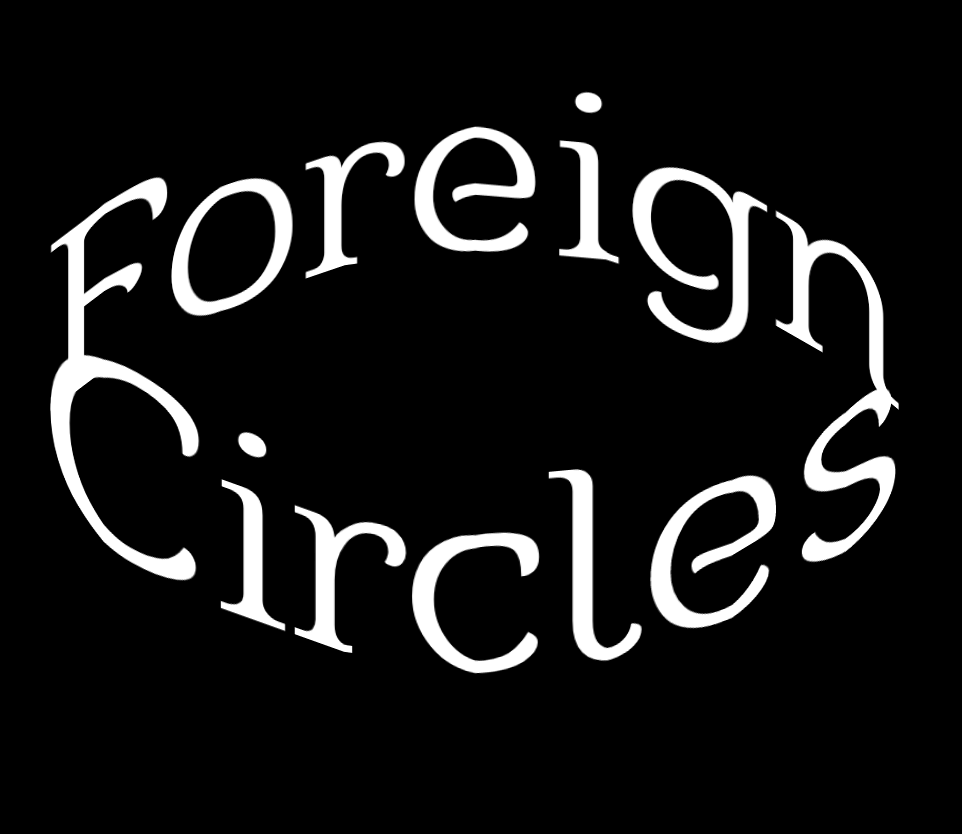
Pasha was the high rank title in the Ottoman political and military system, typically granted to governors, generals, dignitaries, and others. Pasha was also one of the highest titles in the 20th-century Kingdom of Egypt and it was also used in Morocco in the 20th century, where it denoted a regional official or governor of a district.
As first used in western Europe, the title appeared in writing with an initial b. Due to the Ottoman presence in the Arab world, the title became used frequently in Arabic, though pronounced basha due to the absence of the /p/ sound in Arabic.
Within the Ottoman Empire, the Sultan had the right to bestow the title of Pasha Three grades of Pasha existed, distinguished by the number of horse tails or peacock tails that the bearers were entitled to display on their standard as a symbol of military authority when on campaign. Only the sultan himself was entitled to four tails, as sovereign commander in chief.
Recognizing the tradition of Pashas wearing rings as part of their distinguished attire, we crafted a ring suitable for such esteemed figures. Our Pasha piece features solid 925 silver, adorned with a green Aqeeq stone and the Tughra (imperial seal) of Sultan Mahmoud II of the Ottoman Empire, embodying the legacy of 'Mahmoud Khan son of Abdulhamid, forever victorious'.
The title of Pasha was bestowed upon holders of various military ranks, while lower ranks were styled as Bey or simply Effendi. These ranks included:
- The Vizier-i-Azam (Grand Vizier), who served as the prime minister and often assumed the role of Generalissimo in the field.
- Mushir (Field Marshal).
- Ferik (Lieutenant-General in the army or Vice-Admiral in the navy).
- Liva (Major General in the army or Rear-Admiral in the navy).
- The Kizlar Agha, the highest-ranking officer in the Topkapı Palace, commanding the baltadji corps of halberdiers in the imperial army, with the title symbolized by three tails.
- Constantinople's Shaikh ul-Islam, the highest-ranking Muslim clergyman, holding a cabinet-level position.
This title was also used as an honorific, the title pasha was an aristocratic title and could be hereditary or non-hereditary, stipulated in the firman (patent of nobility) issued by the Sultan carrying the tughra.
The title did not bestow rank or title to the wife nor was any religious leader elevated to the title. In contrast to western nobility titles, where the title normally is added before the given name, Ottoman titles followed the given name. In contacts with foreign emissaries and representatives, holders of the title Pasha were often referred to as "Your Excellency".
